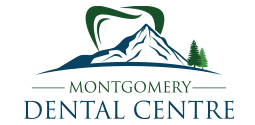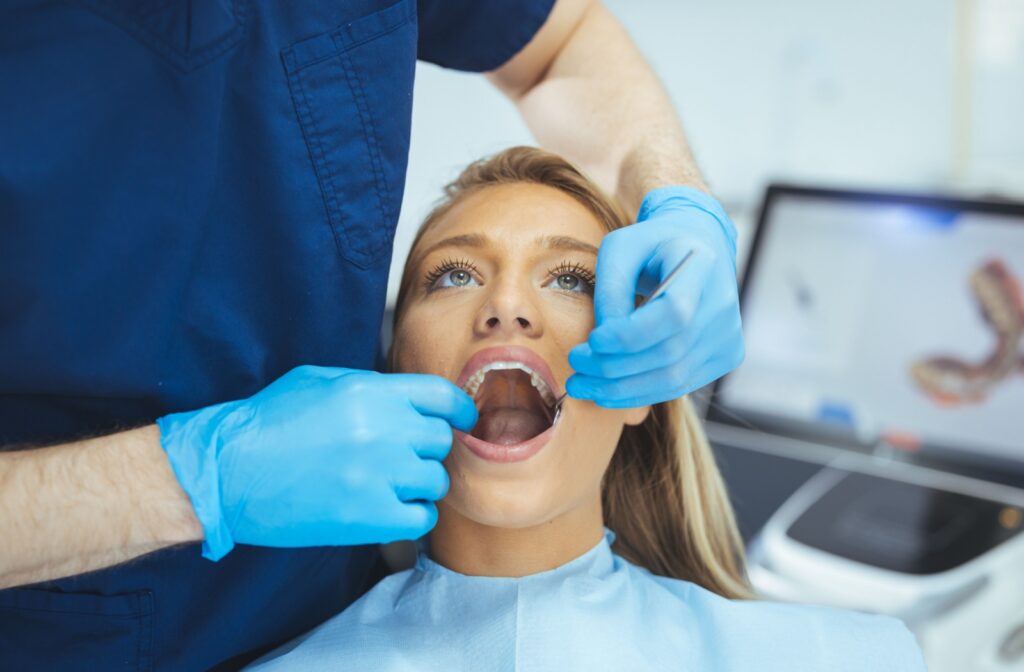Dental recall exams are a vital part of maintaining long-term oral health. Think of them as routine wellness check-ins for your teeth and gums. While daily brushing and flossing help your oral health, regular visits to your dentist, check that any issues are caught before they develop into more serious concerns.
Whether you’ve just started maintaining a dental routine or are looking to better understand what happens during these visits, our team wants you to know the ins and outs of a dental recall exam, its benefits, and how it fits into your oral health care plan.
Why Are Dental Recall Exams Important?
Dental recall exams are more than just routine appointments; they are a proactive step towards better oral and overall health.
Key Benefits of Recall Exams
Early Detection of Issues
Routine exams allow dentists to catch small problems like minor cavities or early signs of gum disease before they become severe. Early detection can make treatment simpler and less costly.
Prevention of Costly Procedures
Addressing dental concerns early could mean avoiding more complex and expensive treatments down the road. These exams are an investment in your health.
Support for Overall Health
There’s a connection between oral health and overall well-being. Regular dental checkups can sometimes help lower the risk of health conditions like cardiovascular disease and diabetes.
Monitoring Past Dental Work
Your dentist checks the condition of previous fillings, crowns, or other dental treatments to make sure they’re holding up well.
Regular dental recall exams reduce the stress of unexpected dental issues and the risks of health problems affecting your entire body.
What Happens During a Dental Recall Exam?
Curious about what to expect at a recall exam? These appointments are tailored to your specific needs and follow a similar structure to evaluate and protect your oral health.
Step 1: Review of Your Medical & Dental History
Your dentist will ask about any updates to your health, including medications or medical conditions. Health issues like diabetes or osteoporosis, as well as the medications you take, can impact your oral health and influence your treatment plan.
Step 2: Professional Cleaning
Dental hygienists remove plaque and tartar buildup that your toothbrush can’t reach, leaving your teeth smoother and cleaner. This step helps prevent gum disease and freshen your smile.
Step 3: Comprehensive Oral Examination
During this phase, the dentist inspects your teeth, gums, tongue, and surrounding tissues for:
- Cavities
- Signs of gum disease
- Growths or abnormalities (oral cancer screening)
The goal here is to check that every aspect of your mouth is healthy.
Step 4: X-Rays (If Needed)
If necessary, X-rays will be taken to uncover hidden problems such as cavities between teeth, impacted wisdom teeth, or early signs of bone loss. Dentists aim to minimize radiation exposure and will only recommend X-rays when necessary.
Step 5: Personalized Recommendations & Advice
At the end of your appointment, your dentist will review their findings with you, share preventive advice, and outline treatment options or adjustments to your oral hygiene routine.
By the time your appointment concludes, you’ll have a clearer picture of your oral health and an actionable plan to keep it healthy.
How Often Should You Schedule a Dental Recall Exam?
The frequency of dental recall exams varies based on your age, health, and risk factors. Your dentist will personalize your schedule to meet your needs, but general guidelines include:
- Children & Teens: Exams every 6-12 months to manage cavity risks.
- Adults: Many benefit from exams every 6 months to catch early signs of decay or gum concerns.
- Older Adults: More frequent visits may be required to address gum recession, dry mouth, or other age-related oral health issues.
Patients with conditions like diabetes, a history of gum disease, or frequent cavities may be advised to schedule closer monitoring.
How to Maintain Oral Health Between Visits
Dental recall exams are highly beneficial, but daily habits play a major role in maintaining your smile. Here’s what you can do between appointments:

- Brush twice daily with fluoride toothpaste.
- Floss daily to remove plaque between teeth.
- Limit sugary snacks and drinks to prevent cavities.
- Stay hydrated to promote saliva production, which protects your teeth.
Small, consistent efforts at home can reduce dental risks and amplify the benefits of your recall appointments.
Preparing for Your Recall Exam
To benefit from your dental exam, here are a few quick tips:
- Make a list of any medications or recent health changes to discuss with your dentist.
- Note any issues, such as tooth sensitivity or bleeding gums, that you want to address.
- Practice good oral hygiene in the weeks leading up to your visit for an accurate assessment.
Book Your Dental Recall Exam with Montgomery Dental Centre
Your smile is a valuable asset, and maintaining it takes routine care and attention. At Montgomery Dental Centre, we’re committed to providing proactive, personalized dental care that supports your long-term health. During every recall exam, we take the time to understand your individual needs and maintain your comfort throughout the appointment.Whether you’re due for a routine check-up or looking to establish ongoing oral health habits, we’re here to help. Contact us today to book your next dental recall exam and take the first step towards a healthier smile.




